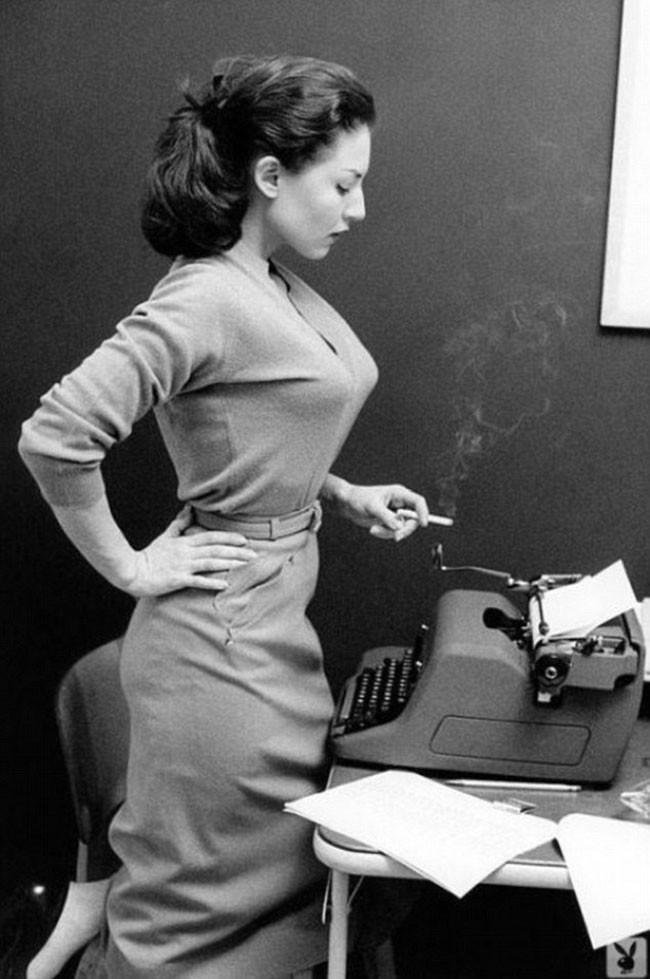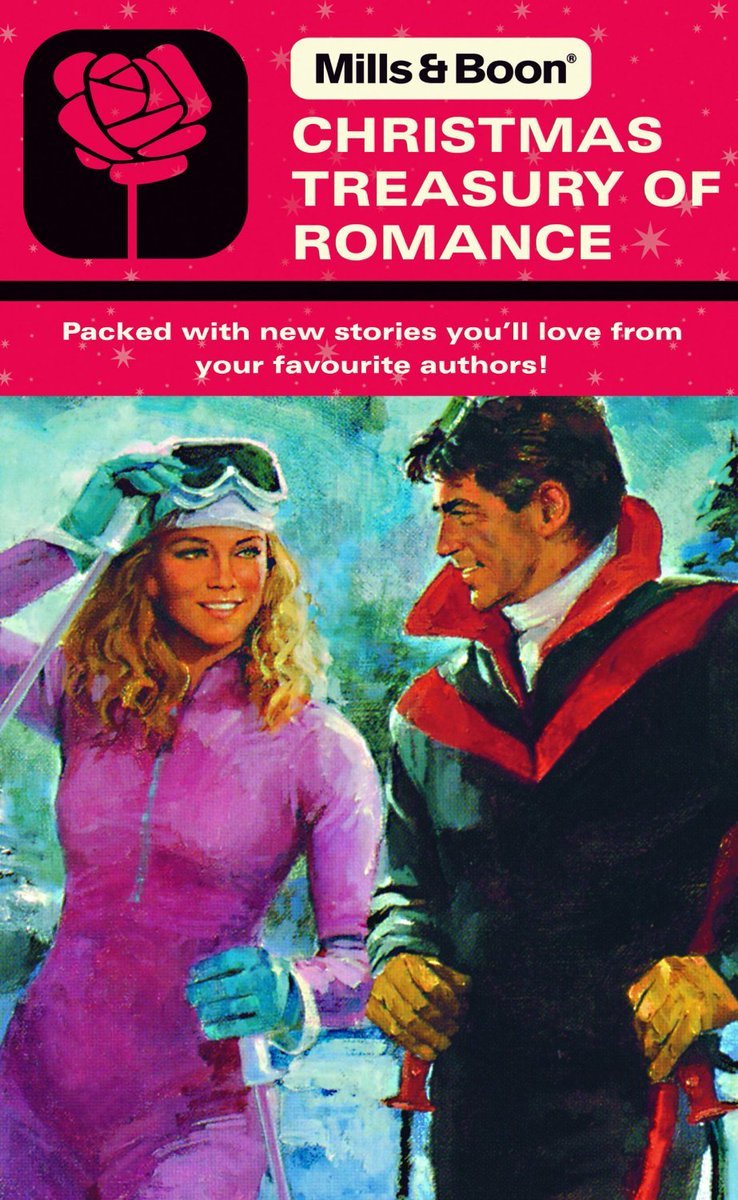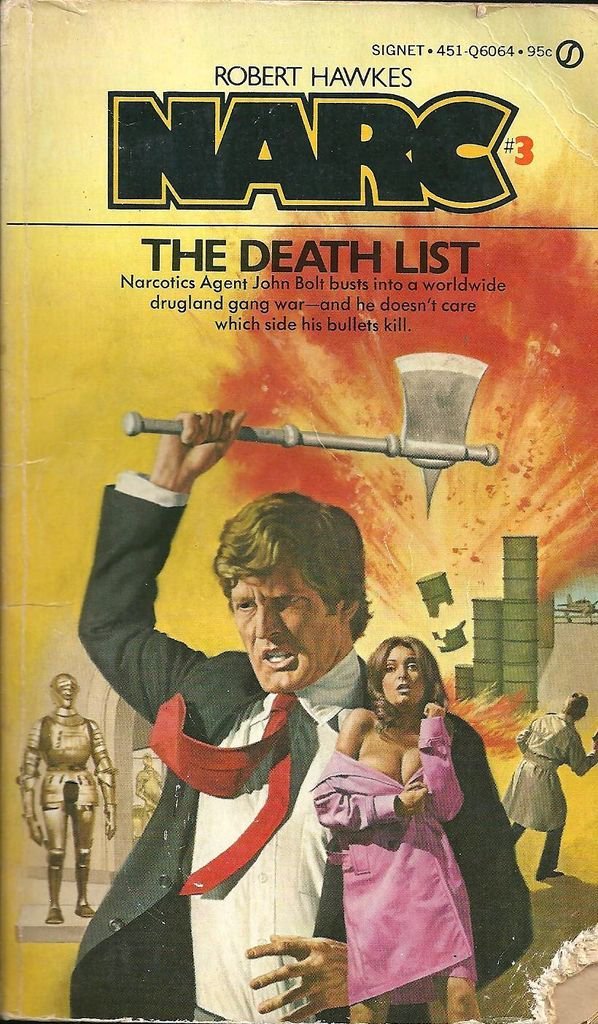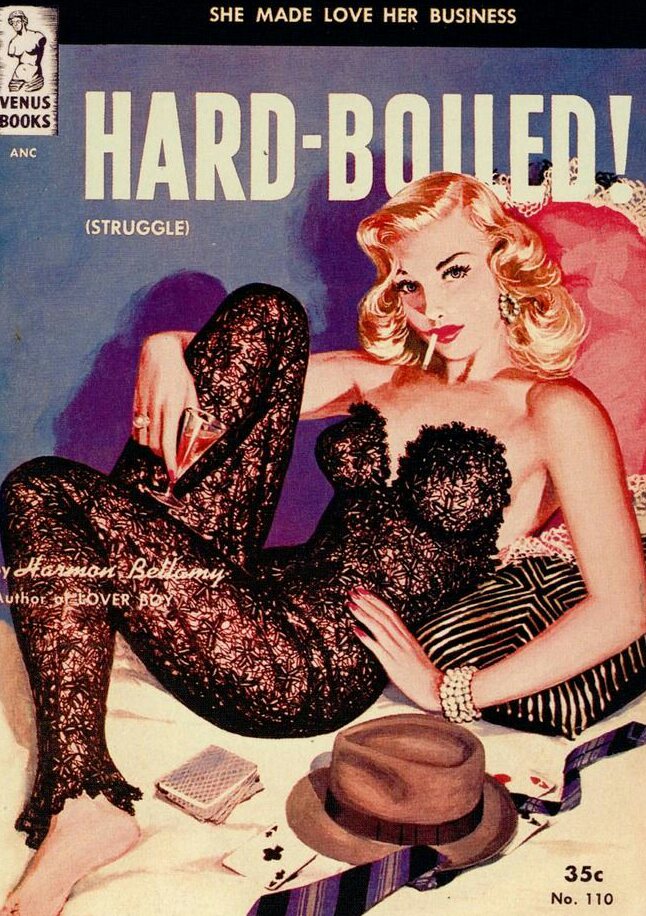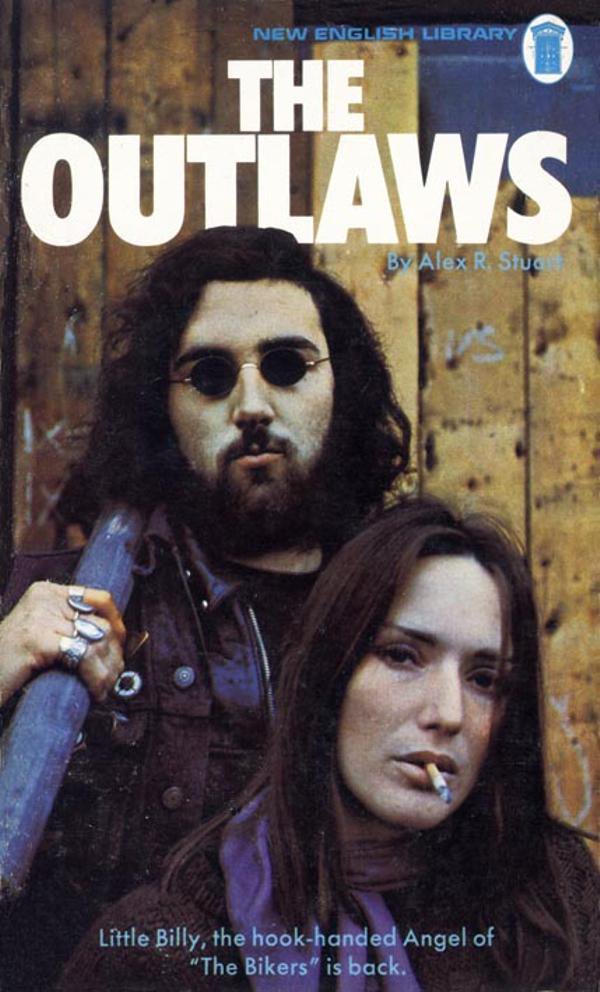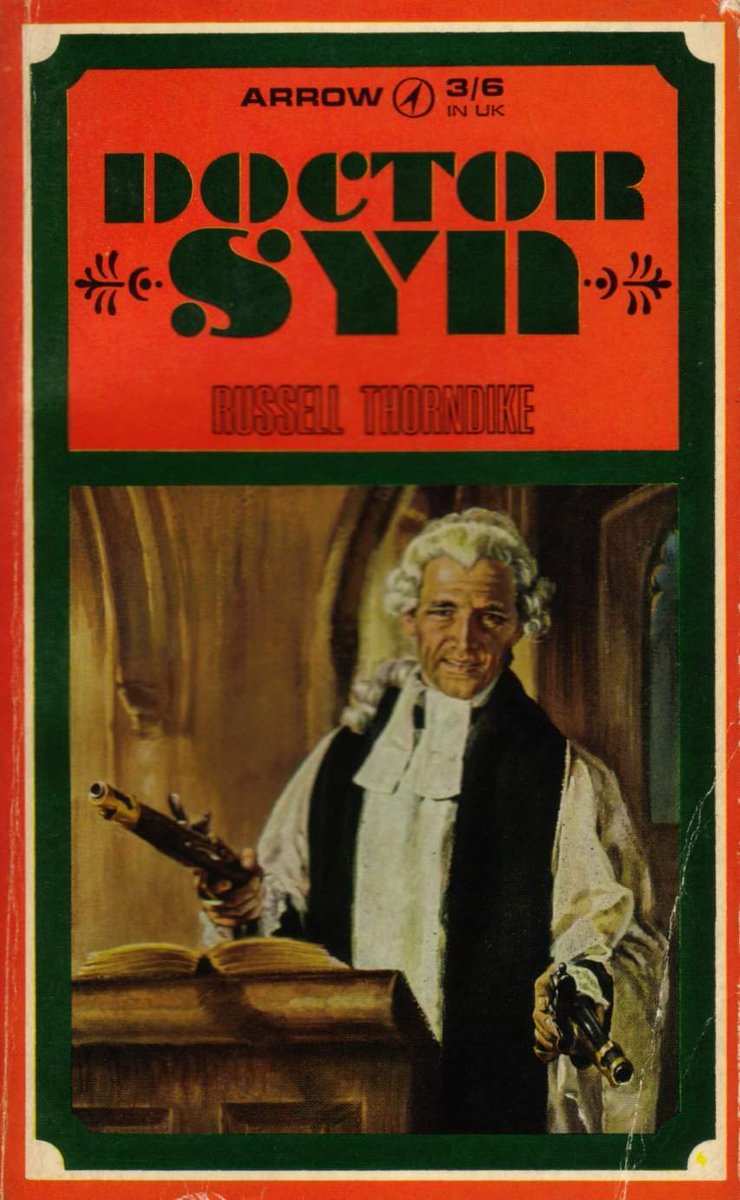"I think I just signed my own death warrant."
Esprit De Corpse: A Johnny Liddell Thriller, by Frank Kane. Dell, 1965
Esprit De Corpse: A Johnny Liddell Thriller, by Frank Kane. Dell, 1965

World Beyond Pluto: a new Johnny Mayhem novelette. Amazing Stories, November 1958. Cover by Ed Valigursky. 

Yours Truly, Johnny Dollar. Edited by Tommy Hancock. Moonstone Books, 2020.
This is an anthology of new pulp stories based on the popular 1950s radio series. Do check it out!
This is an anthology of new pulp stories based on the popular 1950s radio series. Do check it out!

Johnny Comet, by Peter De Paulo and Frank Frazetta, 1953.
This was a short-lived syndicated comic strip in various Sunday newspapers and is now highly sought after!
This was a short-lived syndicated comic strip in various Sunday newspapers and is now highly sought after!

The Suicide Squad (1939-46): Johnny Kerrigan, Stephen Klaw and Dan Murdoch. Three tough FBI agents sent to tackle the toughest crime bosses in America. They always came out shooting! 



Johnny Bruck, one of the most prolific illustrators in science fiction. He painted over 6,000 covers during his career, as well as many interior illustrations. The vast majority were for one title: Perry Rhodan. 



Misfits of Science (1985). Generation X-Men with super powers and a primetime TV show. Featuring Johnny B, who gained the power of electricity after he electrocuted himself on stage.
Oh and Courteney Cox...
Oh and Courteney Cox...

Johnny Canuck (1940 onwards) The bare-chested Hitler wrestler of Saskatchewan, drawn by 16 year old Leo Bachle. What a guy! 

Johnny Alucard, the groovy Chelsea vampire from Hammer's "interesting" updating of the Dracula legend 'Dracula 1972 A.D.'
Yes his name is Dracula spelt backwards. No the audience didn't realise. Yes you should watch it at least once.
Yes his name is Dracula spelt backwards. No the audience didn't realise. Yes you should watch it at least once.

Jay Underwood as Johnny Storm, in Roger Corman's unreleased 1994 movie The Fantastic Four.
This is the only good Fantastic Four movie, so therefore it's never been officially released.
This is the only good Fantastic Four movie, so therefore it's never been officially released.

Introducing Johnny Alpha...
Star Lord issue 1, May 1978. This outsold 2000AD until IPC merged the two titles for cost reasons.
Star Lord issue 1, May 1978. This outsold 2000AD until IPC merged the two titles for cost reasons.

• • •
Missing some Tweet in this thread? You can try to
force a refresh









